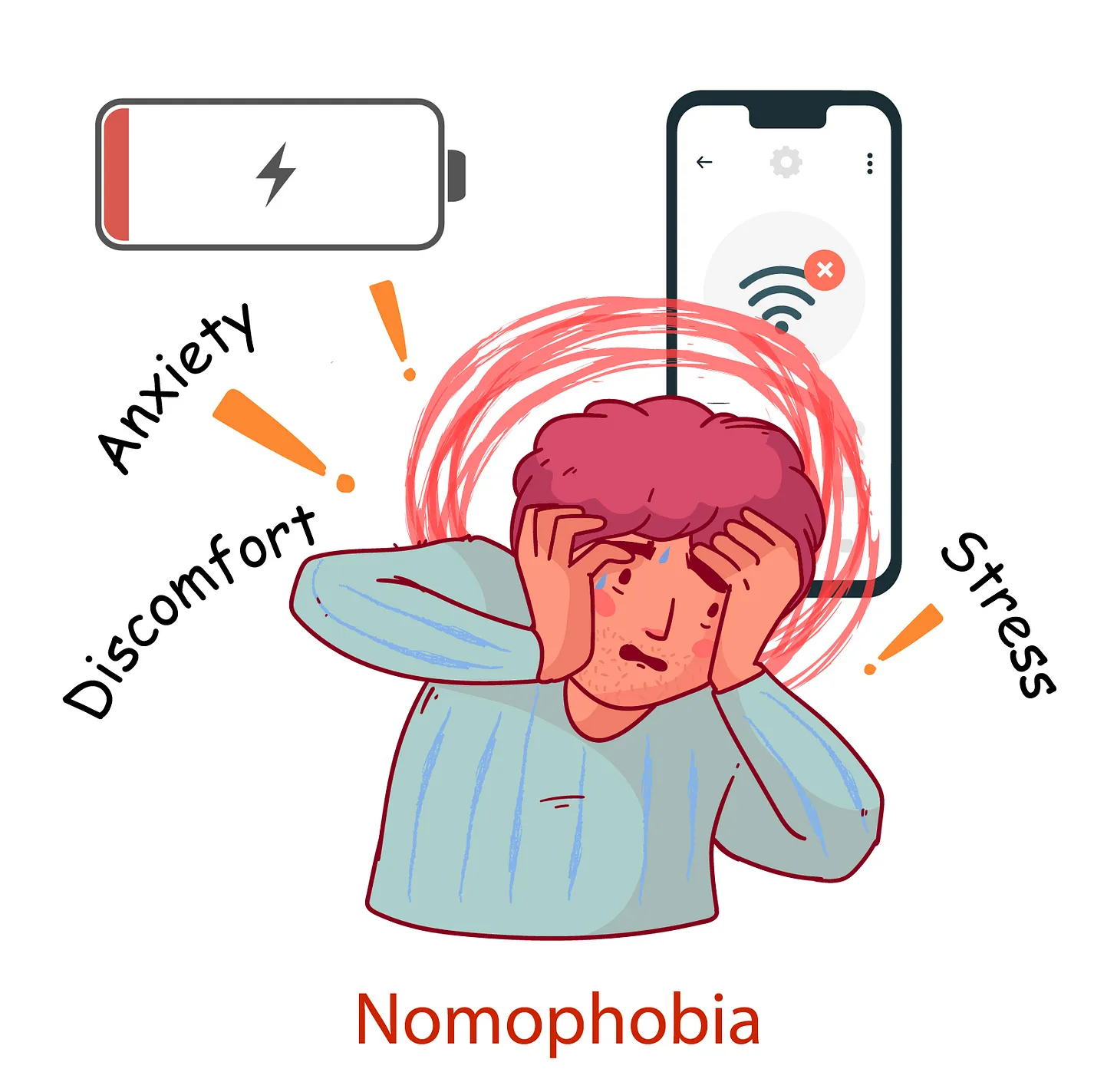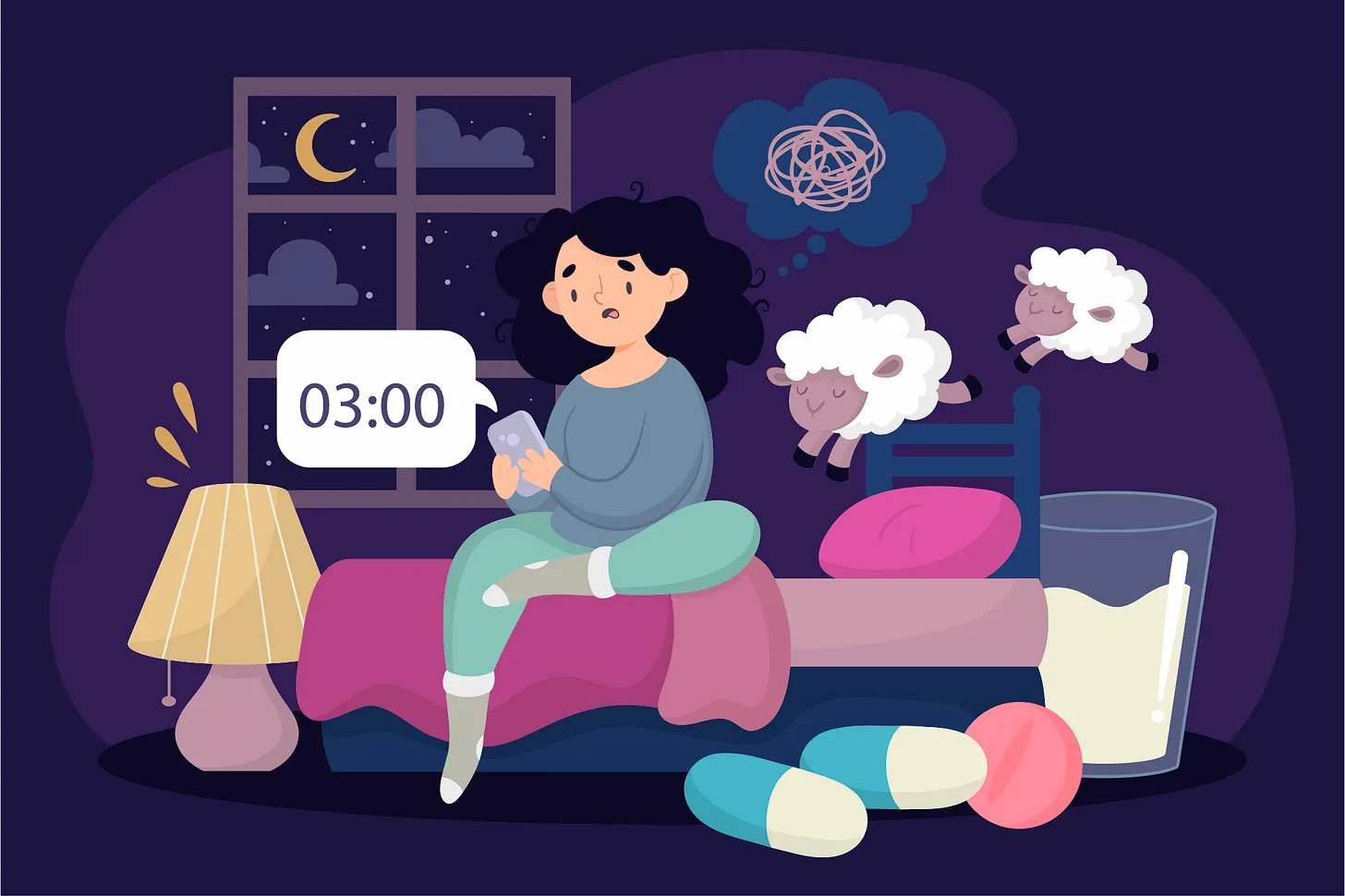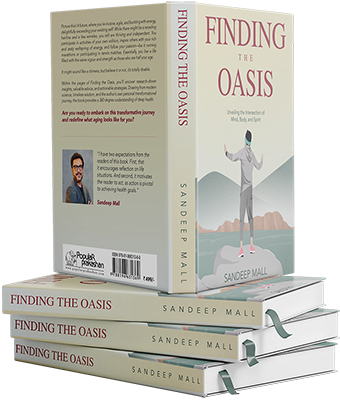
Breaking Free from Nomophobia – Issue #96 (5 min read)

“We are all now addicted to our phones. Have you heard of the word ‘Nomophobia’? Nomophobia is a fear of losing touch with one’s smartphone. The name is short for ‘no mobile phone phobia.’
It encompasses several key factors: anxiety related to the inability to communicate with others, fear of being disconnected from the outside world, concern about the immediate access to information, and the dread of losing the comfort provided by smartphones. Similar to chronic stress responses, nomophobia triggers the cortisol-driven HPA (hypothalamic-pituitary-adrenal) axis, leading to increased stress levels.

Smartphones have become deeply intertwined with our lives to the point where they feel like an extension of ourselves. Some individuals, particularly teenagers, may experience intense anxiety if they don’t have access to their phones, resembling the attachment and fear of separation experienced by a mother with a newborn child. This attachment and fear are remarkably potent.
Consider the following statistics:
One-third of the population would prefer to give up sex rather than part with their smartphones.
Approximately 20% of adults would rather forgo seeing their spouse for a week than give up using smartphone apps.
How does your phone usage affect your daily routine and productivity? This question asks you to reflect on how your use of a phone might be influencing your daily tasks and efficiency. For example, does your phone help you stay organized, or does it often distract you from work?
Do you find that the use of your phone increases or decreases your stress levels? In what ways? This question encourages you to think about whether your phone usage contributes to your stress or helps to alleviate it. Perhaps constant notifications increase your anxiety, or maybe certain apps help you to relax.
What measures have you taken to ensure that your phone usage doesn’t negatively impact your sleep? Phones can interfere with sleep due to the blue light they emit or because they can be a source of late-night distraction. This question asks you to think about what steps you’ve taken to prevent such issues.
How do you feel when you are without your phone for an extended period of time? This question is about your emotional response when you’re disconnected from your phone. It can help you understand your level of reliance on or attachment to your device.
Have you set any boundaries or limitations for yourself regarding phone usage to balance its impact on your life? This question asks whether you’ve established any rules or habits to manage your phone use, like designated phone-free times or areas in your home.”
Before criticising younger generations for their phone dependency, take a moment to reflect on how you feel when you are in a situation where you cannot use your phone, such as on a metro or in an airport with a dead battery. Remember waiting in line at airport check-in without a phone, or going on a long car trip without electronic devices?
If you were born after the 1990s, you might not recall those experiences.
Our constant connection to smartphones means we have grown accustomed to not having to calm, comfort, or entertain ourselves without a device readily available. When our phones are taken away, we often feel disoriented and even panicked.
Apart from the anxiety caused by our attachment to phones and our inability or unwillingness to function without them, there is a direct issue at hand: screen use disrupts our circadian rhythms.

What happens when we stare at our phones at night?
Whether we’re scrolling through social media in bed or binge-watching our favorite series on Netflix, the light emitted from digital screens interferes with our sleep patterns.
As we have seen in the newsletter on sleep, light plays a crucial role in regulating our circadian rhythms. Our biological processes are designed to experience bright light during wakefulness (daytime) and dim light or darkness in the evening to promote sleep.
When exposed to evening darkness, our eyes send a signal to the suprachiasmatic nucleus (SCN) in the brain, which controls our circadian rhythms. One of the critical signals transmitted by the SCN is relayed to the pineal gland, triggering the synthesis and release of melatonin, the hormone that promotes sleep.
However, the light emitted from screens inhibits this signal, suppressing melatonin production and impairing our ability to fall asleep or experience restful sleep.
But that’s not all.
A study comparing reading on an iPad screen to reading a paper book found that even after getting eight hours of sleep following screen use, sleep quality was still compromised. The reduced melatonin production caused by screens makes it harder to fall asleep, and the sleep itself is less restful, with less time spent in REM stages.
Our screen habits significantly impact the quality of our sleep, recovery, and physical and mental performance during the day.
What if we put our phones down?
By turning off our screens one to two hours before bedtime and allowing our brains to settle into darkness, we initiate a cycle of small but positive changes. This leads to deeper, more consistent sleep and improved focus and energy levels throughout the day.




